How can you keep the conversation
going with your potential customer?
How do you get the most info out of them to help with your sales process?
After the conversation is over, how do you stay organized enough to make sure and do the follow-up calls until the business is won?
In today’s Authentic Persuasion Q&A I address this topic submitted via LinkedIn.
Book your free Sales Power Call with Jason
Enroll in the Persuading Like A Professional Online Mini-Course
Download The Power of Authentic Persuasion ebook
This is where salespeople fail, especially order takers because they don't have a transition, right? So you talk about moving the conversation forward. And that meaning like I'm visualizing you asking your questions and you're asking questions and then literally don't know what to do next. You want to make sure that you have some transitions built into your script, to your process in your brain, how you move from one portion to the next.
Welcome to the sales experience podcast, the show for salespeople and sales leaders. We help you create the ideal sales experience to generate raving fan customers, grab your notepad and get ready for actionable steps. You can use to change sales from a dirty word to an active service for your prospects.
Now for your host, Jason Cotter.
I am so glad that you're here. I'm so glad that you're taking the time to hopefully up a level, your sales career, or your sales team by listening to podcasts like this, hopefully you've subscribed, if not make sure to subscribe. And if you like this, leave a rating and a review. And in this episode, I am going to address some sales related questions to try to help everybody in sales.
Do more, be more, and sell more with their career and achieve their goals. Now, let's go ahead and jump into this episode. So, let's go ahead and dive into today's question. This is from Waseem Jaban, new friend and contact on LinkedIn. Thanks, Waseem, for sending this over. His question, what he sent me was, my two main struggles are asking the right questions to keep the conversation going with the potential customer and getting the most info out of them.
Second is organization, reminder to call again, call after the business has won, follow up, et cetera. So let's take the first one and tackle that, which is how do you ask the right questions to keep the conversation going and with that potential customer so you can get the most info out of them. There's a couple of things that come to mind when I hear this.
The first is that you want to know what are the right questions to ask for your industry and the best way to do that, whether you're selling a product or service, the questions are going to come from what info do you need from that prospect and. What is it that you solve for them? So what is the problem that you're solving?
What are you doing for them? How do you get them to a better place? What is it that your product or service is going to facilitate in them moving forward towards something better, right? Whether it's a goal or getting out of pain. And so you've got to understand that. Then you've got to work backwards to what information do you need from them to determine if what you have to sell is what they need?
Because again, I'm making this answer and everything that I do is for people who are selling something that takes some kind of consultative sales approach. It's not just a order taking thing. It's not just something you can order online. It's not what someone could just call in and deal with customer service.
Something that takes some kind of diagnosis, some kind of consultative discovery process to determine fit. And so with that, your questions should be focused on the information you need to determine if they would qualify and then give you enough information to see how your product or service is going to get them into a better place.
What is their deepest level of need, want? Or desire. And so that's part of that equation with the questions that you want to ask. Now, the other part, and this is where, when I read this, my brain is thinking that if you're having trouble keeping the conversation going, there could be a couple of things in play.
And I think one is, are you like these three main factors would be one part of it. So the three things you want to make sure if you want to be successful in sales, you want to be successful asking questions to move people forward is. Are you genuinely curious? Are you curious about people? Do you want to know?
Because if you're curious, you'll ask questions. And when you're asking questions, people will want to answer, and then you can move them forward. Are you interested in people? That's number two. So are you interested in learning about them? Are you curious? To be interesting, you've got to be interested. And so you want to know more and more about them, everything that makes that person tick either in their life or relative to what you're selling.
And then the third part is, do you actually care if you don't care about your prospects or what you're selling, or you don't believe in it, or you don't think it has much value, it will be very difficult for you to use questions, to build rapport, to show empathy, to. Uncover their issues and move the conversation forward.
If you don't genuinely care or don't like your product, don't believe in your product or service and what you're selling. So you've got to make sure you have those. So you've got to be curious. You've got to be interested and you've got to actually care. And if you don't, you're going to hit a lot of roadblocks.
It's going to be difficult. And you've got to get in touch with how do you build those things? Or maybe sales isn't for you. Hey, it's Jason here. We'll be right back to the podcast. But first, are you ready to change the way you view your selling role and become a sales professional? Do you have a team that is hungry for new ways to improve and grow?
If so, I have various coaching and consulting programs available that might be great tools to help you achieve your goals. To learn more about the ways we can work together and to book your free sales power call, go to jasoncutter. com. Now let's get back to the episode. So that's what comes to mind when I hear this question about moving the conversation going.
Also, the other part beyond those three factors that I mentioned is that you want to make sure that your process is built around what's relatively necessary. And then you have flexibility in the conversation because when you ask your questions and you get the information you need, you want to move forward.
So you've got to be careful not to just feel like, Oh, I've got to ask lots of questions and I've got to do X, Y, and Z like do as much as necessary. For some prospects you're talking to, you could ask a couple of questions. They'll tell you everything you need to know. And then you're off to the races.
Other ones, you're going to have to dig deep. It's going to feel like an interrogation. It's going to feel terrible. Like trying to get information out of a teenager who doesn't want to tell you about their day. And sometimes it's like that pulling teeth, which obviously you don't want to, but some prospects are going to be very guarded and your question process is going to be different every time as far as like how long it takes and then what it looks like.
Then the last part with this is that you want to make sure you have good transitions. This is where salespeople fail, especially order takers, is they don't have a transition, right? So you talk about moving the conversation forward and that meaning like I'm visualizing you asking your questions and you're asking questions and then literally don't know what to do next.
And that's where I see a lot of people fall short. You want to make sure that you have some transitions built into your script, to your process in your brain, how you move from one. Portion to the next in your sales process and with the sales fundamentals. And so make sure you have that. It could look like, okay, now that I've got the information I need, let me share with you about our product or service and tell you where I think it would be a good fit and how it could help you based on what you just shared with me.
Boom, now you're going into your demo. Now you're going into your explanation. Now you're going into your kind of diagnosis prescription process where you're telling them about what it is that you do relative to what they need. So that transition helps. So that's the first part of your question. Second one is organization.
Reminder to call, call in the business after one. I mean, that's individual for everybody. One of the things CRMs are great. A lot of people use CRMs, but they might not be in there. One of the tactics that I've found that has worked really well for me is just putting lots of stuff in my calendar. So putting things in there and be like, call this person, do this, do that.
Like next Tuesday, that way it gets out of my head. I don't have to think, okay, next Tuesday, I got to call Bob to follow up on the order that he just placed instead. It's all there. So that's one of the things I've always done. Is as soon as I'm done with a phone call, there's a next action step or something that has to be done is I'm putting it in my calendar.
And then you've got to respect your calendar enough to know that when that pops up, you actually do it, not just snooze, not just delay, not just delete it, but you actually got to do it at that moment and treat that very seriously. So that works really well. And hopefully that helps. Thanks Wasim for the question.
I appreciate it. Are you looking for a way to increase your selling effectiveness, breakthrough plateaus, and achieve your financial goals through sales? When you use the authentic persuasion method, you will transform from order taker to quota breaker. If you're ready to become an authentic persuader, go to Jasoncutter.Com to download the free ebook. And if you want to get help on getting there even quicker for yourself or your sales team, set up your free sales power call, and I will give you some tips and strategies to help in your conversations and also make recommendations on ways that we can work together. When you're ready, go to Jasoncutter.com again, Jasoncutter.Com. You can find all the links you need at Jasoncutter.com and also set up your free sales power call. And no matter what, keep in mind that everything in life is sales and people remember the experience you gave them.
Become a Certified Authentic Persuader
Get the ebooks to help you close more deals
Visit
Selling Effectiveness for more tips and get help
Follow Jason on LinkedIn
Or go to Jason’s HUB – www.JasonCutter.com
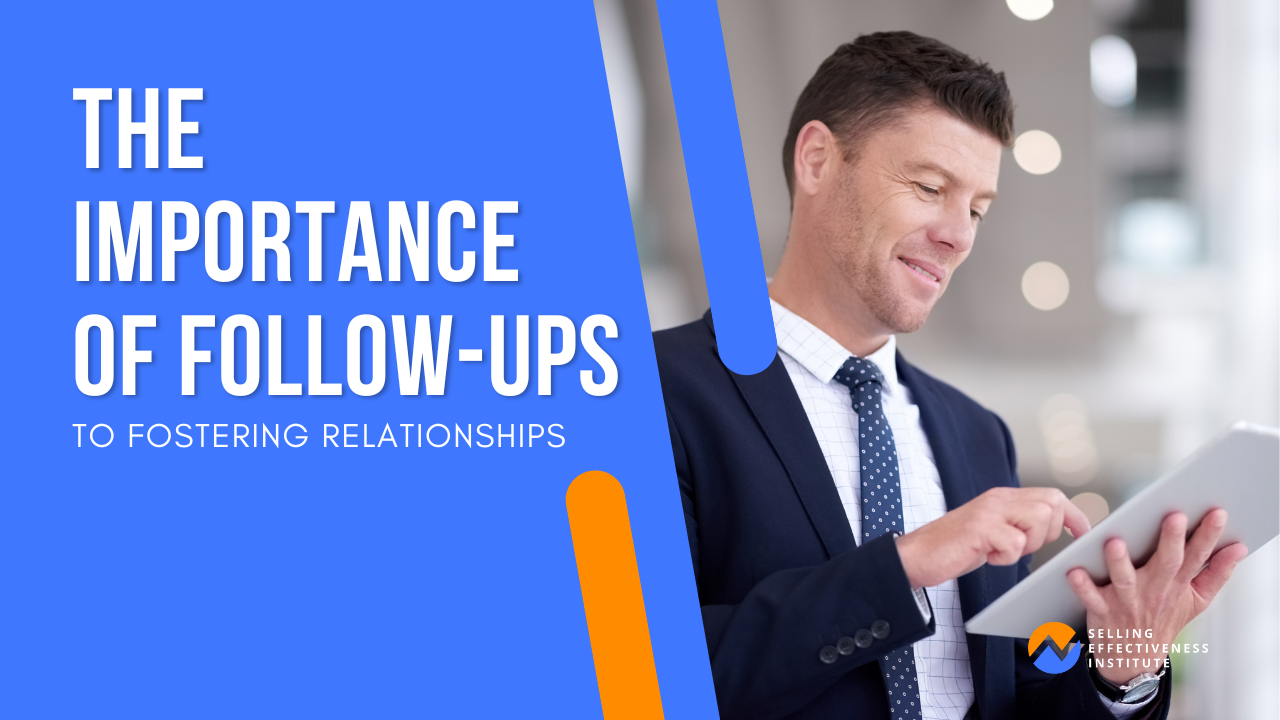
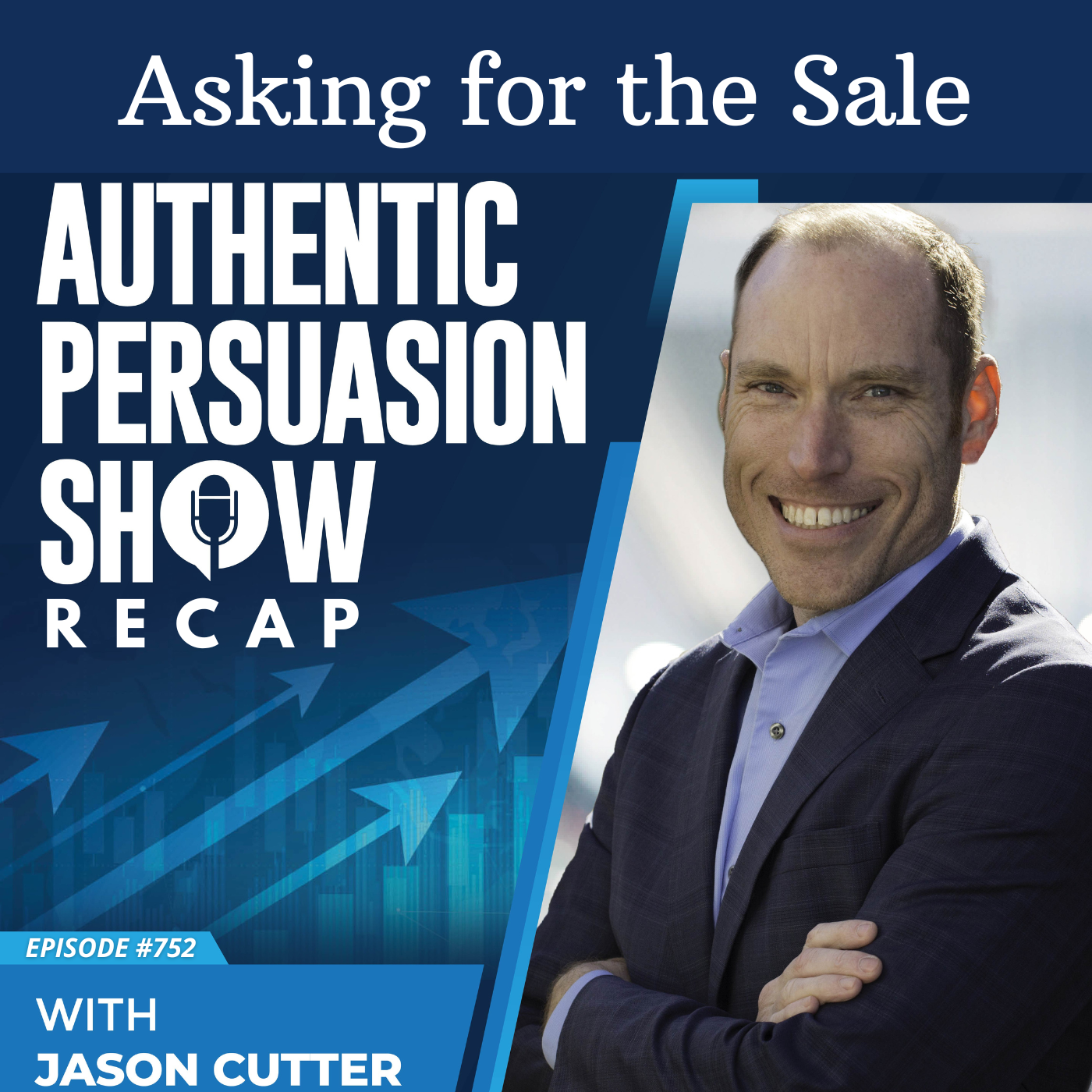
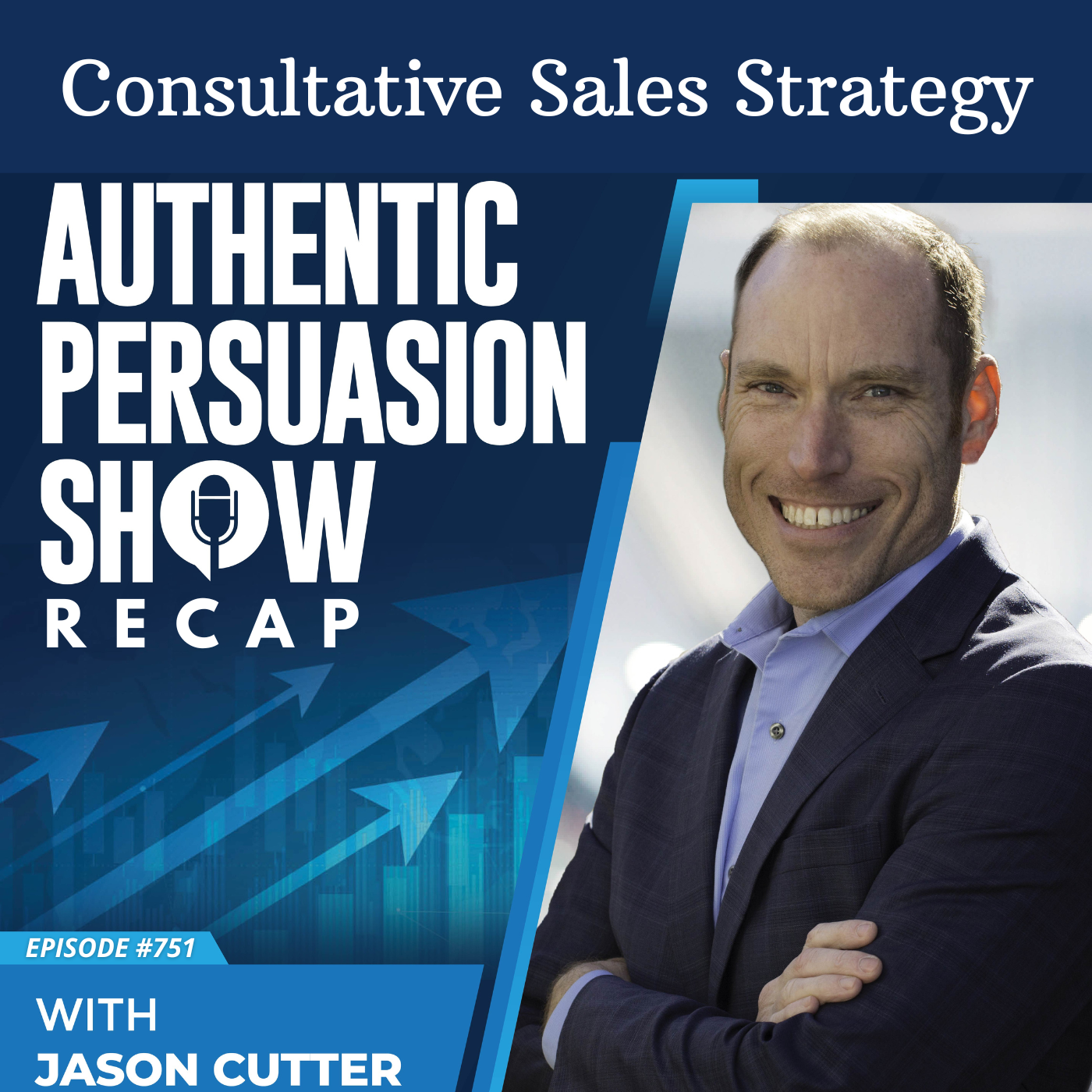
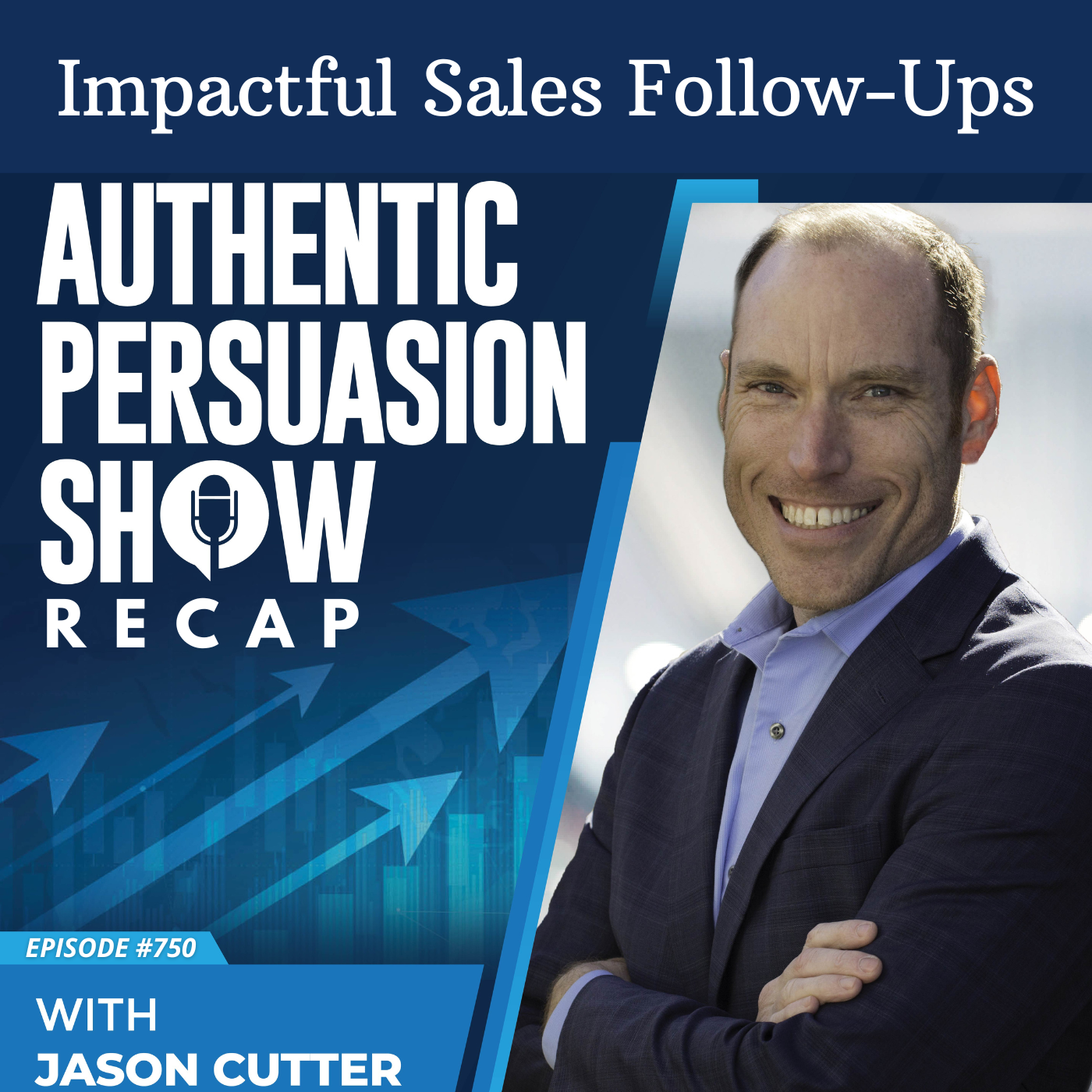
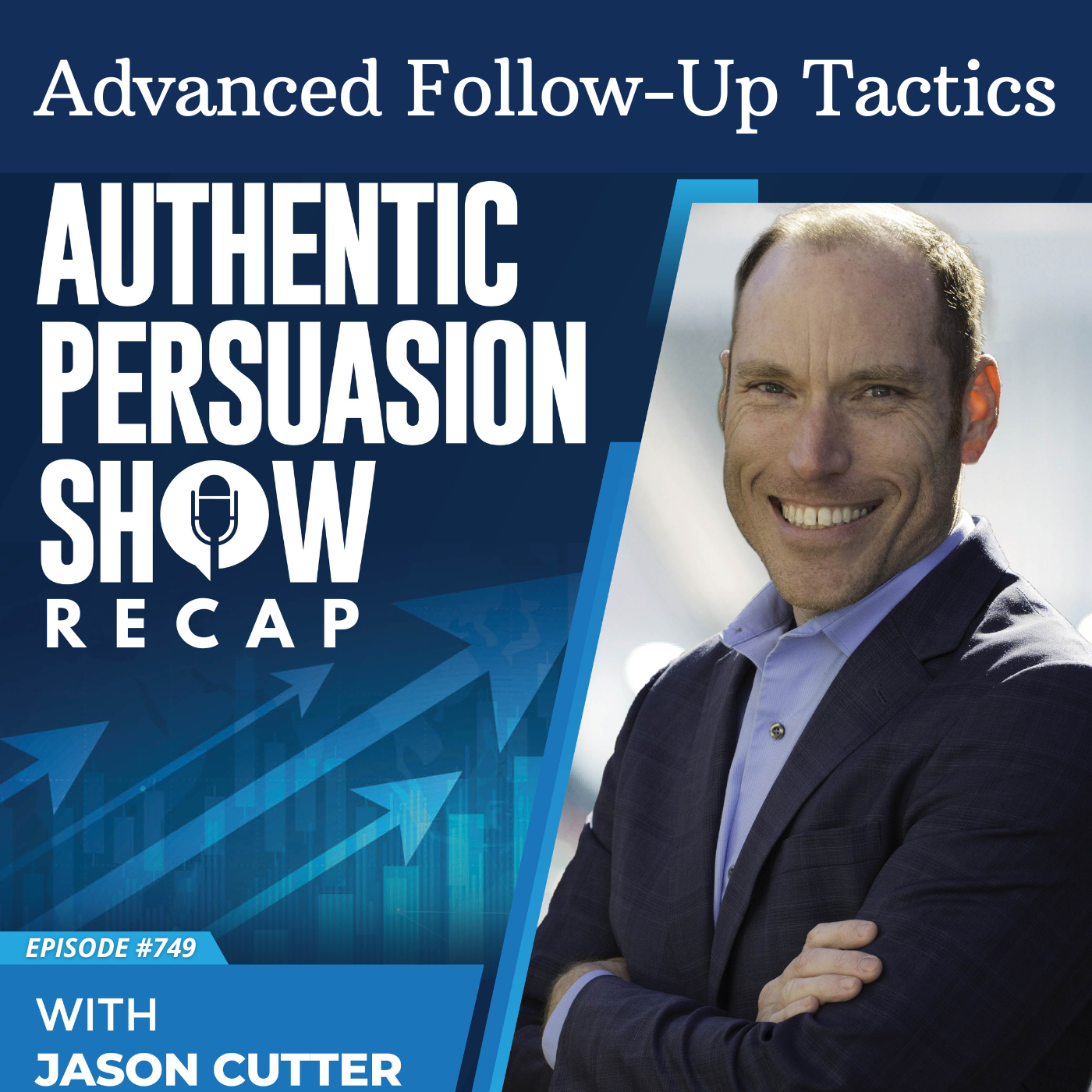
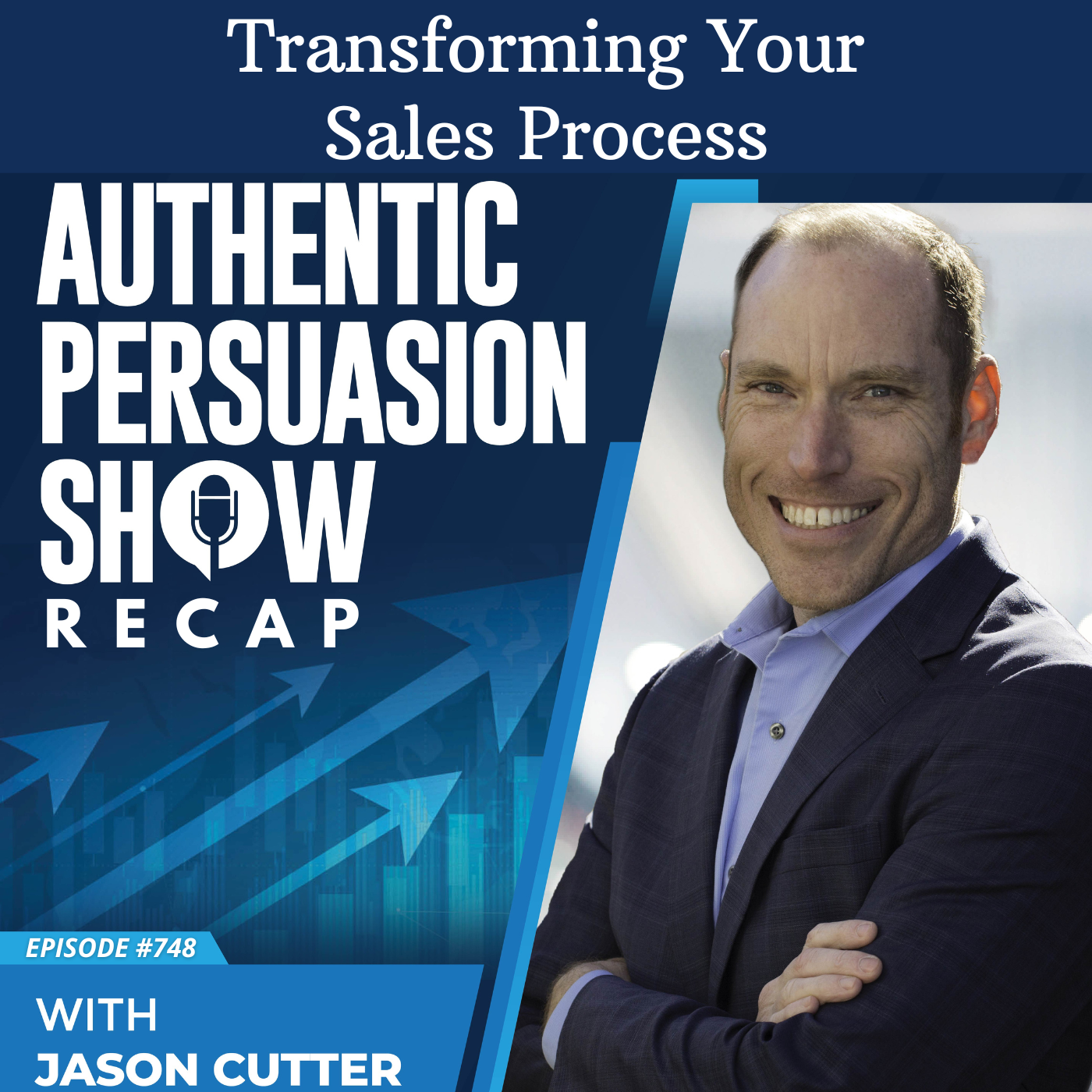
Phone: (239) 206-1919 | Email: info@sellingeffectiveness.com
Copyright © 2023 Selling Effectiveness Institute. All rights reserved.